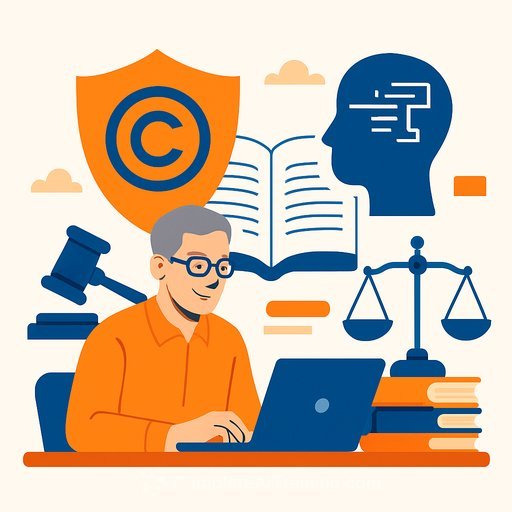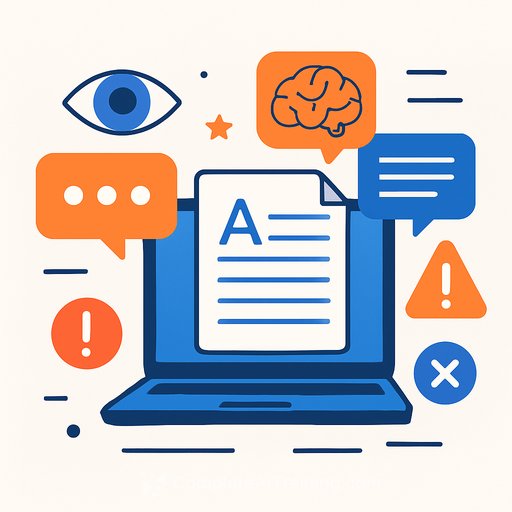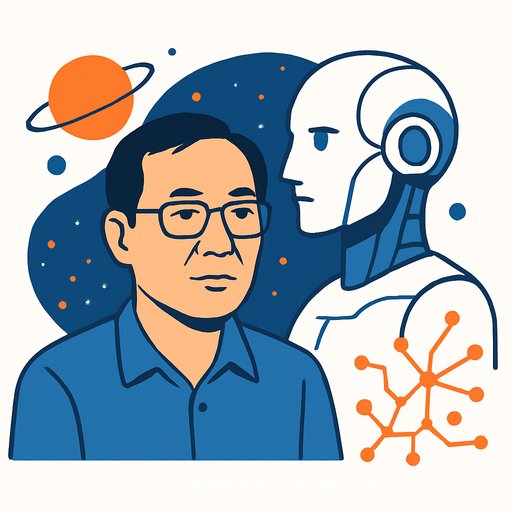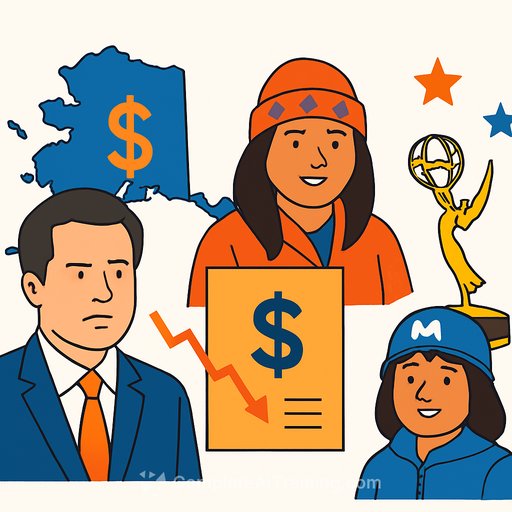Authors Sue Salesforce Over Alleged AI Training On Pirated Books
Two authors filed a lawsuit in California federal court alleging that Salesforce trained its AI models on pirated copies of their books. The complaint describes the conduct as "massive copyright infringement."
The filing adds to growing legal pressure on tech firms that trained AI systems on copyrighted works without permission. For writers, this is more than a headline - it's about control over your work, your royalties, and how your voice is used.
Why this matters for writers
- Unlicensed training can dilute the value of your catalog and undercut licensing opportunities.
- Outputs that echo your style or specific passages can create market confusion and real financial risk.
- Courts are still hashing out what's fair use in this context, which means your proactive steps matter.
Protect your work now
- Register your copyrights. If you publish, register. It strengthens remedies in court. See the U.S. Copyright Office's AI resource hub for current guidance here.
- Use takedowns. If you find unauthorized copies, send DMCA notices to hosts, platforms, and search engines. Keep records of URLs, timestamps, and screenshots.
- Add machine-readable signals. Update robots.txt to disallow AI scrapers. For images, consider "noai"/"noimageai" meta tags. Compliance is voluntary, but it sets expectations and creates a paper trail.
- Tighten your contracts. Add clauses that prohibit licensing your books for AI training without explicit approval and compensation. Require transparency on any data sharing.
- Control your distribution. Watermark PDFs and ePubs, and track unique versions sent to partners, reviewers, and aggregators.
- Organize with peers. Follow advocacy and guidance from writer groups such as the Authors Guild's AI updates here.
If you use AI in your writing workflow
- Check model and tool terms. Look for training disclosures, data retention, and indemnification. If terms are vague, assume risk lives with you.
- Avoid seeding models with unpublished or contractual content. Don't paste entire chapters, client manuscripts, or NDA material into prompts.
- Keep provenance. Save prompts, drafts, and edits. Document your creative contribution in case you need to show originality.
- Run originality checks. Scan outputs for overlap with known texts before you publish.
What to watch next
Expect more suits testing whether training on copyrighted books without a license is infringement or fair use. Also expect more licensing deals as companies look to reduce risk.
Writers who treat rights management as part of their daily process will be in a stronger spot - in court, at the negotiating table, and with readers.
Skill up without giving up your rights
If you're building an AI-assisted workflow for writing, start with tools and courses that respect authorship and clarity of licensing. Here's a curated list of AI tools for copywriting to evaluate what fits your process: Complete AI Training: Tools for Copywriting.
Note: This article is for informational purposes and isn't legal advice. If you believe your work was used without permission, speak with an attorney.
Your membership also unlocks:






